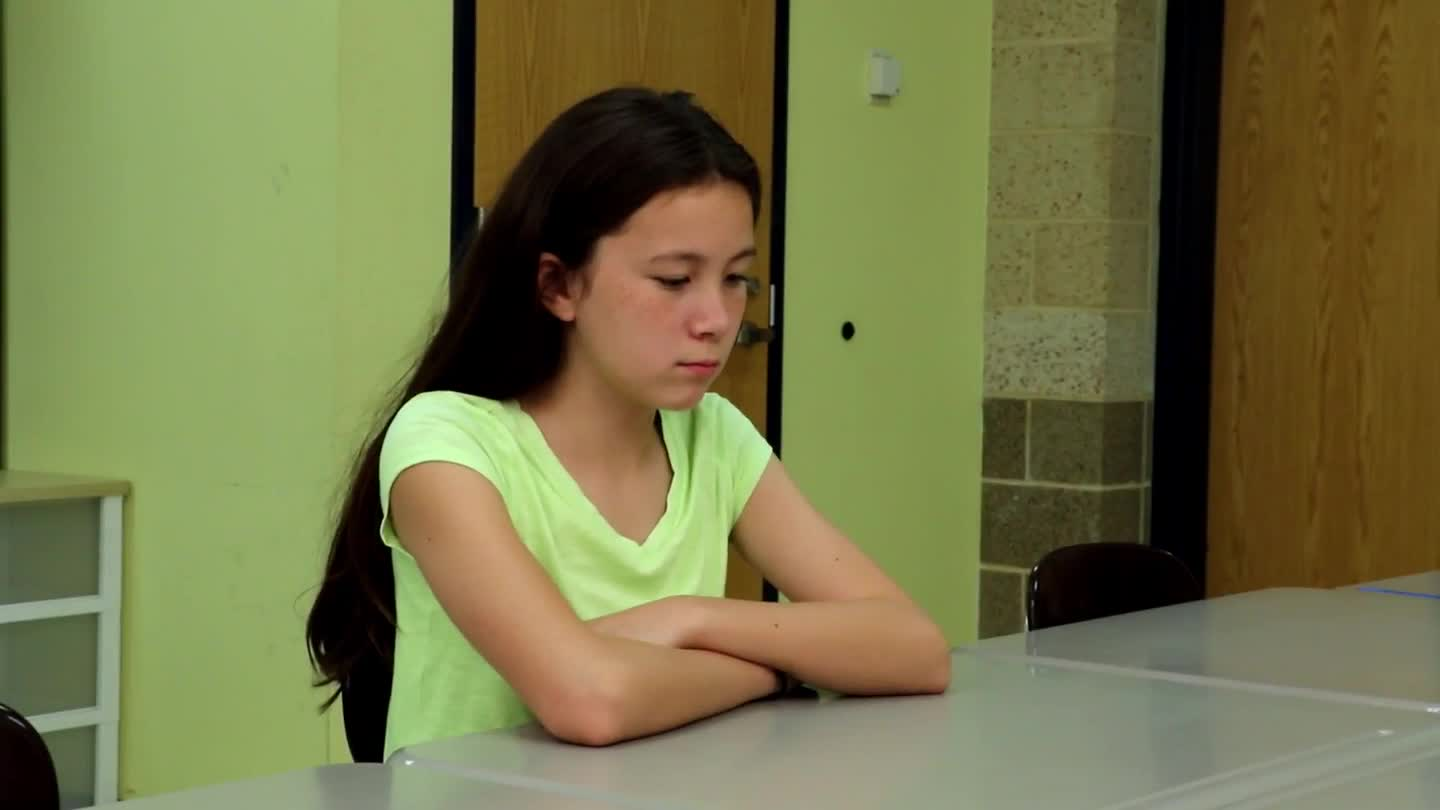
Introduction
In this blog post, we will discuss the concept of being the bigger person in conflicts, an essential skill for students in developing healthy relationships and navigating social situations. When faced with hurtful actions or words from others, it is crucial for students to learn how to stay calm, ignore negative behavior, and not retaliate. By teaching students to be the bigger person, we can help them foster empathy, self-control, and effective communication skills.
No-Prep Activity
This no-prep activity is designed to help students practice being the bigger person in a conflict situation. The educator can facilitate a role-play exercise where students take turns acting out scenarios where they have to choose between retaliating or being the bigger person.
- Divide students into pairs.
- Provide each pair with a conflict scenario (e.g., someone taking their seat, a classmate making a rude comment, etc.).
- One student in each pair will act as the person initiating the conflict, while the other student will practice being the bigger person.
- After a few minutes, have the students switch roles and try a new scenario.
- Once all pairs have had a chance to practice both roles, bring the class together for a group discussion on their experiences and what they learned from the activity.
Discussion Questions
Use these questions to stimulate further discussion among students about being the bigger person in conflicts:
- Why is it essential to be the bigger person in a conflict situation?
- How does being the bigger person help you maintain healthy relationships with others?
- What are some strategies you can use to stay calm and not retaliate when faced with a hurtful situation?
- Can you share an example of a time when you were the bigger person in a conflict? How did it impact the situation?
- How can we support each other in practicing being the bigger person in our daily interactions?
Related Skills
Teaching students to be the bigger person in conflicts is closely related to several other essential skills:
- Empathy: Understanding the perspective and feelings of others, even when they have hurt us, can help students make better choices in conflict situations.
- Self-control: Managing emotions and impulses is key to staying calm and not retaliating when faced with hurtful actions or words from others.
- Effective communication: Being able to express feelings and thoughts respectfully and assertively can help students navigate conflicts more successfully.
- Conflict resolution: Learning to identify and address the underlying issues in a conflict can help students find more constructive solutions.
Next Steps
Teaching students to be the bigger person in conflicts is an essential component of Social-Emotional Learning. To help you continue developing this skill and others in your students, we encourage you to sign up for free samples of related materials at Everyday Speech. These resources can further support your efforts in fostering healthy relationships and effective communication among your students.

